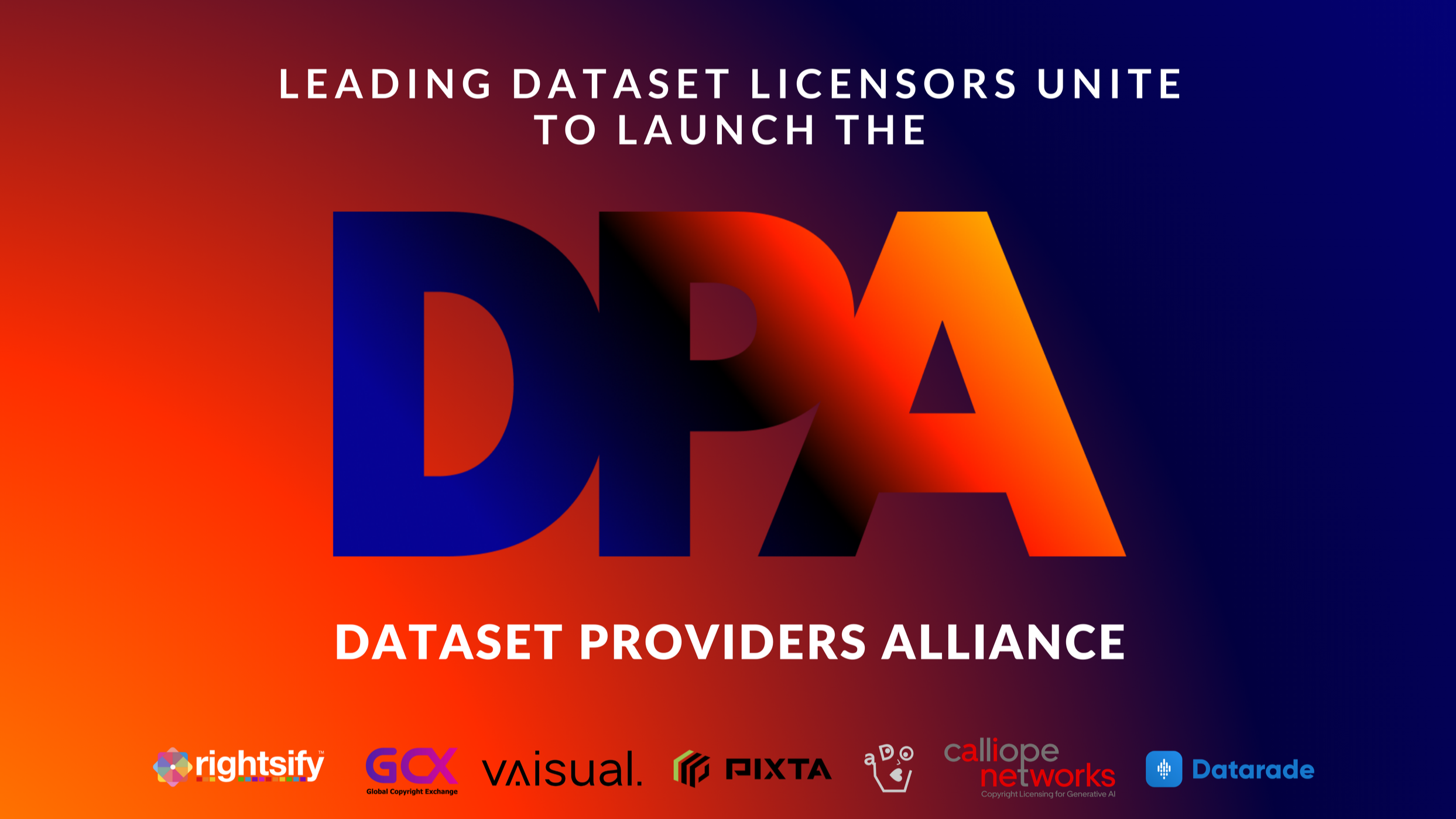OpenAI, the company behind ChatGPT, has entered into a multi-year content agreement with TIME magazine. The deal, announced on Thursday, will allow OpenAI to access TIME's extensive news archive, which spans over a century.
As part of the arrangement, when ChatGPT uses TIME's content to respond to user queries, it will provide citations and links to the original articles on Time.com. This approach aims to ensure proper attribution and support the original source of the information.
Mark Howard, TIME chief operating officer, commented on the partnership: "Throughout our 101-year history, TIME has embraced innovation to ensure that the delivery of our trusted journalism evolves alongside technology. This partnership with OpenAI advances our mission to expand access to trusted information globally."
The companies said that the collaboration extends beyond content access, with TIME able to utilise OpenAI's technology for new product development and provide feedback which they said could influence the future of AI-driven news experiences.
Brad Lightcap, chief operating officer of OpenAI, explained the rationale behind the partnership: "We're partnering with TIME to make it easier for people to access news content through our AI tools, and to support reputable journalism by providing proper attribution to original sources."
This agreement follows similar deals OpenAI has recently made with other media organisations, including the Financial Times, Axel Springer, Le Monde, and Prisa Media.
While the financial details of the TIME-OpenAI agreement have not been disclosed, it represents a notable development in the relationship between AI companies and traditional media outlets. As AI continues to influence information dissemination, these types of partnerships are likely to become more common, though issues around adequate attribution and content ownership are likely to persist.
Latest News
-
The top technology trends to expect in 2026
-
The most read National Technology News stories of 2025
-
Lyft and Uber sign deals with Baidu for robotaxi trial in London
-
Nextdoor launches AI-driven self-serve ads platform for small businesses
-
Italy's antitrust fines Apple €98.6m over alleged App Store dominance
-
Visa partners with UAE real estate firm to launch voice-enabled agentic commerce payments
The future-ready CFO: Driving strategic growth and innovation
This National Technology News webinar sponsored by Sage will explore how CFOs can leverage their unique blend of financial acumen, technological savvy, and strategic mindset to foster cross-functional collaboration and shape overall company direction. Attendees will gain insights into breaking down operational silos, aligning goals across departments like IT, operations, HR, and marketing, and utilising technology to enable real-time data sharing and visibility.
The corporate roadmap to payment excellence: Keeping pace with emerging trends to maximise growth opportunities
In today's rapidly evolving finance and accounting landscape, one of the biggest challenges organisations face is attracting and retaining top talent. As automation and AI revolutionise the profession, finance teams require new skillsets centred on analysis, collaboration, and strategic thinking to drive sustainable competitive advantage.
© 2019 Perspective Publishing Privacy & Cookies








Recent Stories